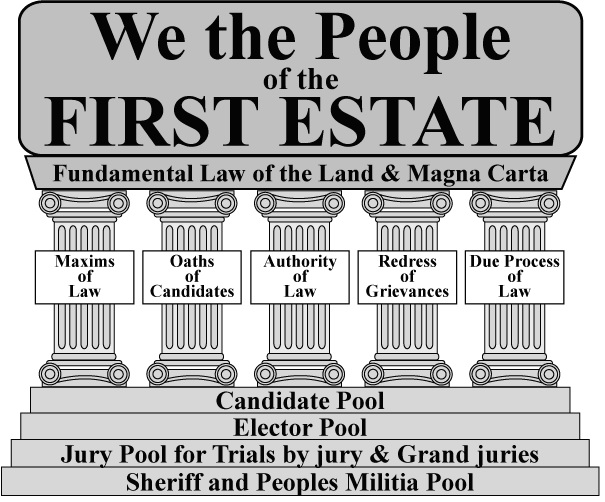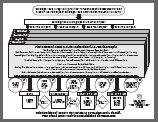Where Did Grand Juries Come From?
They are elements of the “Fundamental Law of the Land” and “Due process of Law” that are memorialized in the Grand Charter (Magna Carta) of 1215 AD which was signed by King John of England at Runnemede. King John had gotten in the habit of ignoring these two elements of the law in England so the Barons saw fit that it be written down so that he would not forget it. In particular the juries got there name from the word “Grand” of the Grand Charter. Paragraphs 39 and 61 provide the law words that instituted them as the right of all freemen and freewomen to convene. Since these apply to the Common Law of the Land which is neither repealable or changeable they came ashore in America when Freemen and Freewomen from England set foot on the land here and with each Freeman and Freewoman in compact with one another in a jural society; the Mayflower Compact was one such compact.



 Share Article
Share Article
Reader Comments